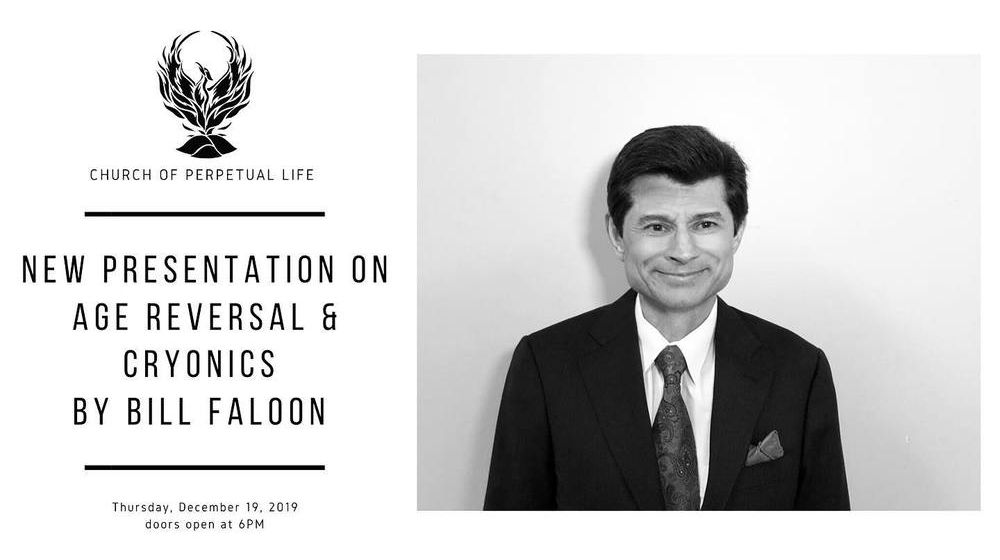Wow, the shit flies are flying out of the trash cans of Earth… I myself do not desire the thought of man and machine becoming one literally bolted together. But only as Singularity has been now for centuries.
For centuries every technological marvel of the era man became the brain of the covered wagon the bicycle the car the train the Plane now Rocket ships.
Each machine man had to become one with it for it to work. Mans brain became machine like-calculating to operate these miracles of each generation.
NOW Suddenly on Google of all places these nay sayers with totally bogus reasoning are loudly speaking against Transhumanism and even loudly against Immortality, of which the likes of Nikola Tesla literally forcast-Prophesy…
So what say Ye about these new Johnny get your Gun and jump on what I now say is our collective vehicle and let us call our vehicle the Band Wagon.
They, so many now are joining the wave started by Who??? Many, such as the De Grey, Gennady Stolyarov, Ray Kurzweil, Jim Strole and Bernadeane and Ilia Stambler and the list could go on.
Now many garner attention by saying the same forecast the same words of Ray or De Grey then they go on tour.





